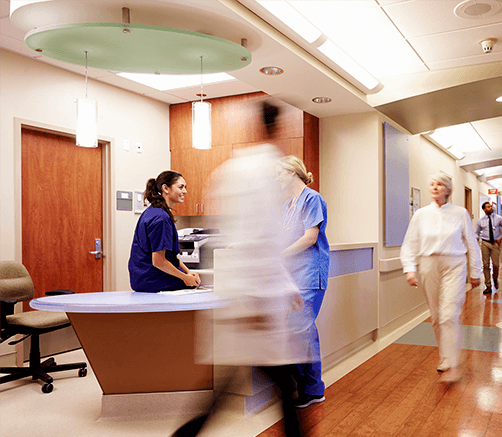Menopause is a natural stage of life that can significantly impact both physical and emotional well-being. Our aim is to create a supportive and inclusive environment for all staff experiencing menopause, as well as for those who wish to better understand and assist their colleagues during this transition.
This resource page is designed to provide practical guidance, helpful information, and access to workplace support. Whether you're navigating menopause yourself or looking to support someone who is, we offer tools to help you feel informed, empowered, and valued in the workplace. Explore the resources available to learn more about managing symptoms, finding support, and fostering understanding within your team.
Together, we can create a compassionate and inclusive work culture where everyone can thrive.

Menopause Resources
Women’s Health Concern (WHC), established in 1972 and the patient arm of the BMS since 2012. WHC provides a confidential, independent service to advise, inform and reassure women about their gynaecological, sexual and post reproductive health.
Over half the population will be affected by menopause. Why don’t we talk about it more? We want to change that. Rock My Menopause was set up to give women the confidence to recognise and discuss their symptoms and equip families, friends, employers and the wider public with information about the menopause to support women at this time of life.
Our mission
Rock My Menopause is…
A campaign to stamp out the taboo around menopause.
We’re making people menopause aware.
The menopause is inevitable; be ready to rock it.
Click the following links to access resources from Rock My Menopause
The factsheet link below will help you understand and manage your perimenopause and menopause and point you to further sources of good information. Getting advice early can help reduce the impact of symptoms on your health, relationships and work.
Daisy Network is dedicated to providing information and support to women diagnosed with Premature Ovarian Insufficiency, also known as Premature Menopause.
Our aim is to:
- Provide a support network of people to talk to
- Allow members to share information about their personal experience of POI
- Provide information on treatments and research within the fields of HRT and assisted conception
- Raise awareness of the condition among GPs and the broader medical community
Daisy Network was founded in 1995 by a group of women who were patients of Dr Gerry Conway. An affiliation with the charity Infertility Network UK was formed at the same time. In the early days the support group was run by women in their spare time and today continues to be run totally by volunteers.
Daisy Network became a registered charity in 1999 and remains the only charity in the UK for women diagnosed with POI.
The queer menopause mission is:
-
To raise awareness of LGBTQIA+ experiences of menopause.
-
To find and promote inclusive menopause resources.
-
To push for better education for therapists and healthcare practitioners about the needs of LGBTQIA+ people in menopause.
Many mainstream menopause resources exclude the experience of people who are not cisgender and/or not heterosexual. They are also often very white-focused. This state of affairs reflects the public conversation promoted in the mainstream media and in education.
One of the outcomes of this is that, unfortunately, we can’t assume that doctors, healthcare practitioners, and therapists have sufficient training in:
-
Gender and sexuality, (as well as race, class, and disability), in general
-
LGBTQIA+ identities in particular
-
The impact of menopause
-
Let alone when occurring together!
Click this link for information from the Queer Menopause Collective
The following links provide resources developed by NHSE to support their staff and managers to raise menopause awareness.


